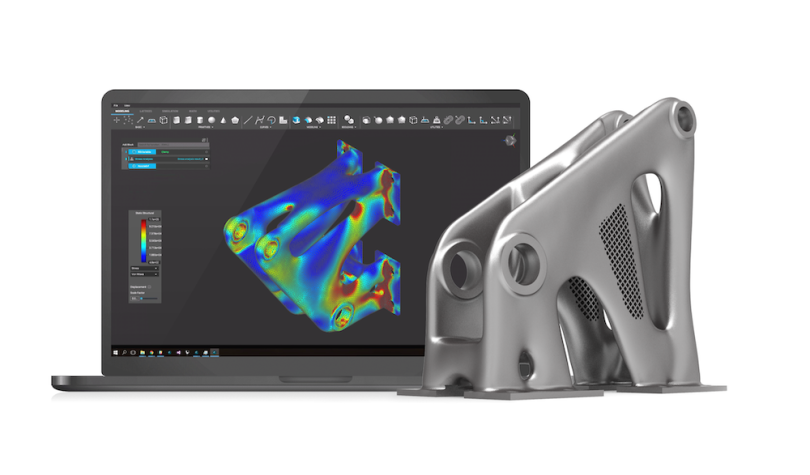From Makers to Millionaires: The Rise of African Hardware Startups

Executive Summary

Africa is witnessing a surge in hardware startups, leveraging local knowledge and innovation to solve pressing challenges and create economic opportunities. This article explores the key factors driving the rise of African hardware startups and highlights their potential to transform industries and empower local communities.

Introduction
Hardware startups in Africa are emerging as a formidable force, driven by a convergence of factors, including rising disposable income, increased access to technology, and a growing entrepreneurial spirit. These startups are developing innovative solutions to address local needs, ranging from healthcare to agriculture, energy, and transportation.
FAQs
- What is a hardware startup?
A hardware startup is a company that designs, develops, and manufactures physical products, typically involving electronics, mechanics, and software components. - Why are hardware startups growing in Africa?
Factors such as increased access to technology, rising disposable income, and a growing entrepreneurial spirit are driving the growth of hardware startups in Africa. - What are the challenges faced by African hardware startups?
Access to funding, lack of skilled labor, and competition from established companies are among the challenges faced by African hardware startups.
Key Subtopics
Local Problem-Solving
- Creating products tailored to the specific needs of African markets, addressing local challenges such as healthcare, agriculture, and energy.
- Leveraging local knowledge and insights to develop solutions that are culturally relevant and cost-effective.
- Fostering collaboration between hardware startups and local communities to ensure their products meet local requirements.
Innovation and Adaptation
- Embracing new technologies and materials to develop groundbreaking products that meet local needs.
- Adapting existing technologies to local contexts, such as designing solar-powered devices for areas with limited grid access.
- Promoting a culture of experimentation and innovation, leading to the creation of novel hardware solutions.
Job Creation and Economic Growth
- Generating employment opportunities for skilled workers in the hardware industry, contributing to economic growth.
- Establishing local manufacturing capabilities, reducing reliance on imports and creating value within African economies.
- Fostering an ecosystem of innovation and entrepreneurship, attracting investment and supporting the growth of the technology sector.
Sustainability and Impact
- Developing hardware solutions that promote sustainability and environmental consciousness, such as solar-powered devices and energy-efficient products.
- Creating products that aim to improve the quality of life for local communities, such as healthcare devices and agricultural technology.
- Promoting responsible disposal and recycling of electronic waste, fostering a circular economy approach.
Funding and Support
- Attracting investment from venture capitalists and other funding sources that recognize the potential of hardware startups in Africa.
- Establishing government initiatives and support programs to provide funding, mentorship, and training to hardware startups.
- Creating incubators and accelerators that provide a nurturing environment for hardware startups to grow and succeed.
Conclusion
African hardware startups are poised to reshape the continent’s future, driven by their ability to solve local problems, foster innovation, create economic opportunities, promote sustainability, and leverage funding and support. By continuing to nurture this growing ecosystem, Africa can unlock its potential to become a global hub for hardware innovation and economic prosperity.
Keyword Tags
- African hardware startups
- Local problem-solving
- Innovation and adaptation
- Job creation and economic growth
- Sustainability and impact






